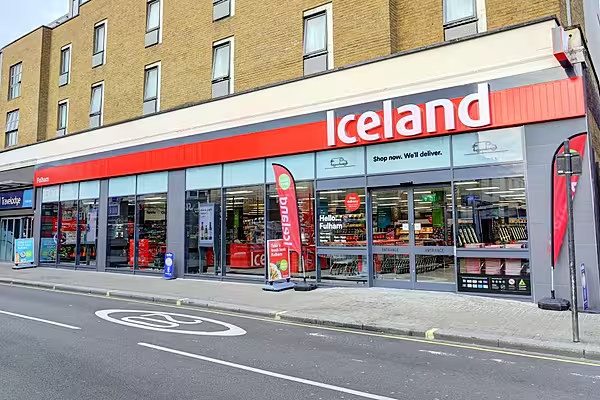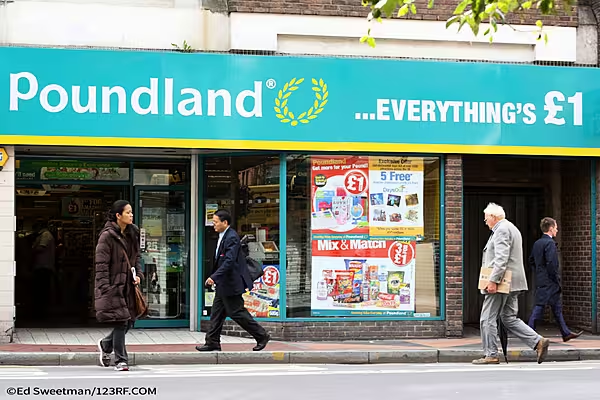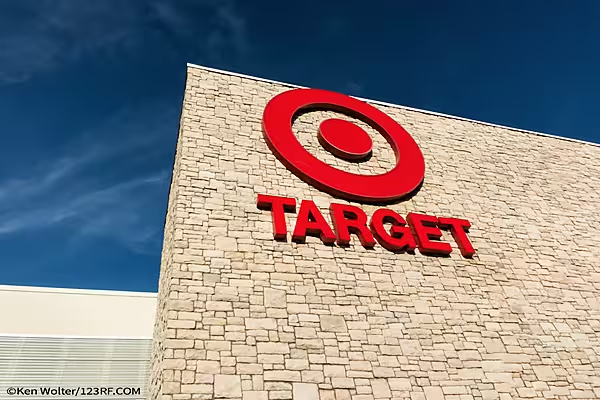British supermarket chain Iceland said earnings for the first half of this year would be lower than the prior year as legislation to increase staff wages kicks in just as the grocery market slows.
Privately-owned Iceland said an increase in staffing costs due to a rise in Britain's National Living Wage and the impact of higher oil prices on consumers and its own distribution costs would combine with a less impressive sales performance to reduce core earnings (EBITDA) in the first two quarters of the year.
Impact Of Earlier Easter
Iceland, which trades from 905 UK stores specialising in frozen food, said that like-for-like sales in the year ended 24 March were up 2.3% compared to the previous year.
But like-for-like sales so far this fiscal year were negative, the grocer said, suffering from the comparison with the strong start to last year and an earlier Easter.
"The UK food retail market as a whole has also slowed in this period, and so our performance is only slightly behind the market," Iceland said in a statement. It said there was scope for profit recovery in the third quarter.
The supermarket sector has seen intense competition in recent years, with German discounters Aldi and Lidl squeezing traditional players.
On Friday Tesco said a drive to lower prices for customers had boosted its quarterly sales, in a warning for rivals three years after Britain's biggest retailer embarked on a turnaround programme.
The growth of online sales has also transformed the market, and Iceland said its online business continued to show strong growth and had maintained its position as Britain's fastest growing online food retailer.
News by Reuters, edited by Donna Ahern. Click subscribe to sign up for the Checkout print edition.






